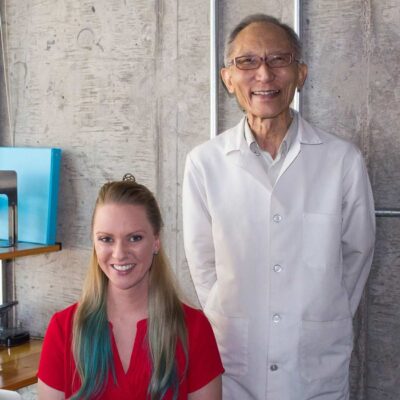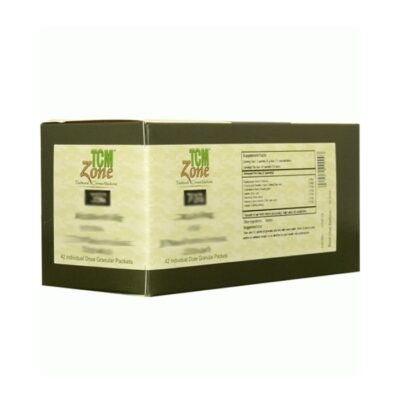Enzyme: Why Not Enzymes, Too!
Many of my clients know about probiotic but surprisingly not many know about enzymes despite the fact that enzymes are used in detergents, cosmetic products, and toothpastes, etc. Enzymes are catalysts that accelerate the rate of chemical reactions. There are over 3,000 enzymes, and most enzymes are proteins. Here are three major enzymes: amylase which breaks down starch, protease which breaks down proteins, and lipase which breaks down lipids (fats). Amylase and lipase are present in saliva.
We need enzymes to sustain life. We tend to emphasize more on vitamins and minerals but it is the enzyme that help them for the body. However, enzymes will break down at cooking temperature (at around 50 to 70 Celsius). Fermented foods have more enzymes than raw veggies, fruits, and meats.
Functions of enzymes are:
Help absorption of nutrients and transport to cells efficiently.
Eliminate unwanted poisonous elements through the skin and urine.
Repair the body where needed.
Increase the immune system.
If enzymes are lacking, the shortage will cause the blood to become sludgy and affects the circulation causing various diseases. For example, when we catch cold, we do not eat oily foods and eat less. This is a natural reaction to the condition to help increase enzymes and the function of digestion. When we are too weak to eat, it is the time to take extra enzymes.
Foods that have enzymes:
Fermented foods Veggies such as cabbage (recommended), daikon (highly recommended), avocado, celery, carrot, tomato, cucumber. Fruits such as banana, apple, pineapple, papaya, etc.
Notes:
Remember, enzymes will break down at the temperature of 50 to 70 Celsius and as soon as we cut veggies and fruits, they start to break down. Eat fresh. But you can preserve them longer with vinegar, salt, dressing, etc.





